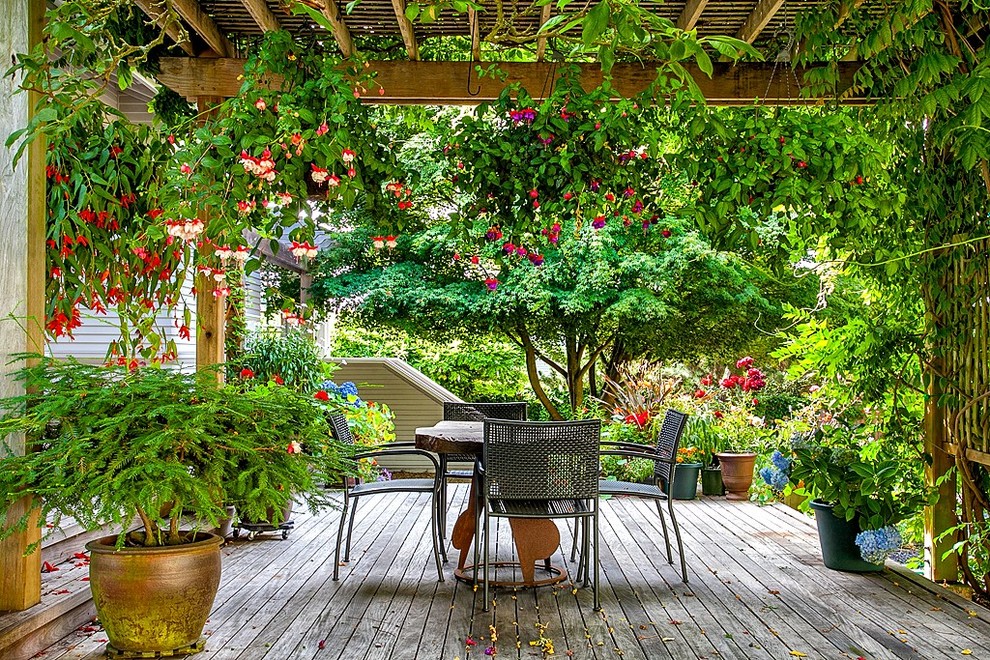Contrary to what you may think, horticulture is not just about ornamental plants. It is rather a vast field that embraces several other sub-fields. This is precisely what makes its professions so diversified, and there are specific training courses to access them. What to remember about horticulture? What are its professions? How to get there? Find below the answer to these questions.
What should I know about horticulture?

However, remember that it does not include the cultivation of cereals, oilseeds, or forestry. These areas are part of agriculture. Like agriculture, horticulture also feeds the world. However, there is a big difference between the two sectors. For example, horticulture manages to produce without the use of chemicals and ensures health in many ways. In fact, there are several types of horticulture. These include:
1. Ornamental horticulture
This form of horticulture is generally divided into three sectors. These are production, services, and marketing. Indeed, these three sectors together make ornamental horticulture an essential sub-sector in the cultivation of gardens. Whether for private or public spaces, this form of horticulture can provide the perfect plants to change the landscape of an environment.
In addition to its ornamental aspect, this type of horticulture offers several other benefits. For example, it can reduce air pollution and improve oxygen quality. In addition, it can offer depressed people a remarkable reduction in stress levels and boost school performance in pupils and students (brain aeration).
2. Fruit horticulture

This includes the production of fruits in their entirety, whether they are nuts (almonds, hazelnuts, etc.), stone or seed fruits (papaya, avocado, etc.), or fruits in the gastronomic sense (apple, pear, peach, etc.).
3. Vermiculite horticulture
It is a culture based on a light, inert, absorbent, and odorless material called “horticultural vermiculite”. It is obtained from clear flakes and heated at a high temperature (482°C) to quickly evaporate the water from the vermiculite. It contributes enormously to the aeration of the soil and allows to keep the humidity for good growth of the plants.
4. Horticultural therapy

It aims at using horticultural activities for therapeutic purposes. These activities concern the young as well as the elderly, the weak as well as the strong. It is about engaging in a moderate horticultural activity that can improve your mood and reduce stress if you suffer from depression, for example.
In botany, the term “vegetable” is used to refer to the fruit of leguminous plants. But vegetable horticulture is used to refer to vegetables from a culinary point of view. These include tomatoes, lettuce, radishes, etc.
5. What are the horticultural professions?
As much as the sub-sectors of horticulture are varied, so are its jobs. Indeed, it is not possible for the average person to precisely list all the jobs in the horticultural sector. Nevertheless, among the most known jobs in horticulture, we distinguish between production and sales.
There is a multitude of less-represented professions, which allows us to have an idea of the structure of this sector. You can therefore see that there are many opportunities. Moreover, whatever the field in which you specialize, you will be able to practice your profession freely if the conditions are met.
6. What training is required to become a horticulturist?

In all areas of life, it is important to undergo training to practice a given profession. This training allows you to acquire the minimum to be efficient in your sector. There are also schools that allow you to become an engineer in horticulture and landscape after 5 years of study.
You will do better to continue your studies to do a thesis for much more in-depth mastery of your field. This way, you can specialize and become an expert in your chosen horticultural field. This specialization allows you to access research and development positions. Horticulture is a very broad field that deserves to be discussed. The information in this article can help you get the most out of this sector.
Looking for help?
For all your requirements in residential or commercial landscaping services, contact CHURCH STREET GARDEN SERVICES. They use quality materials, equipment, and Waterwise plants to create custom outdoor living spaces for their clients. Call them, and they will be happy to discuss your ideas and specifications any time. They complete your project to your satisfaction, keeping your needs, lifestyle, and budget in mind. We operate throughout Melbourne and the surrounding suburbs for your convenience. What are you waiting for? To get more information visit their website.





